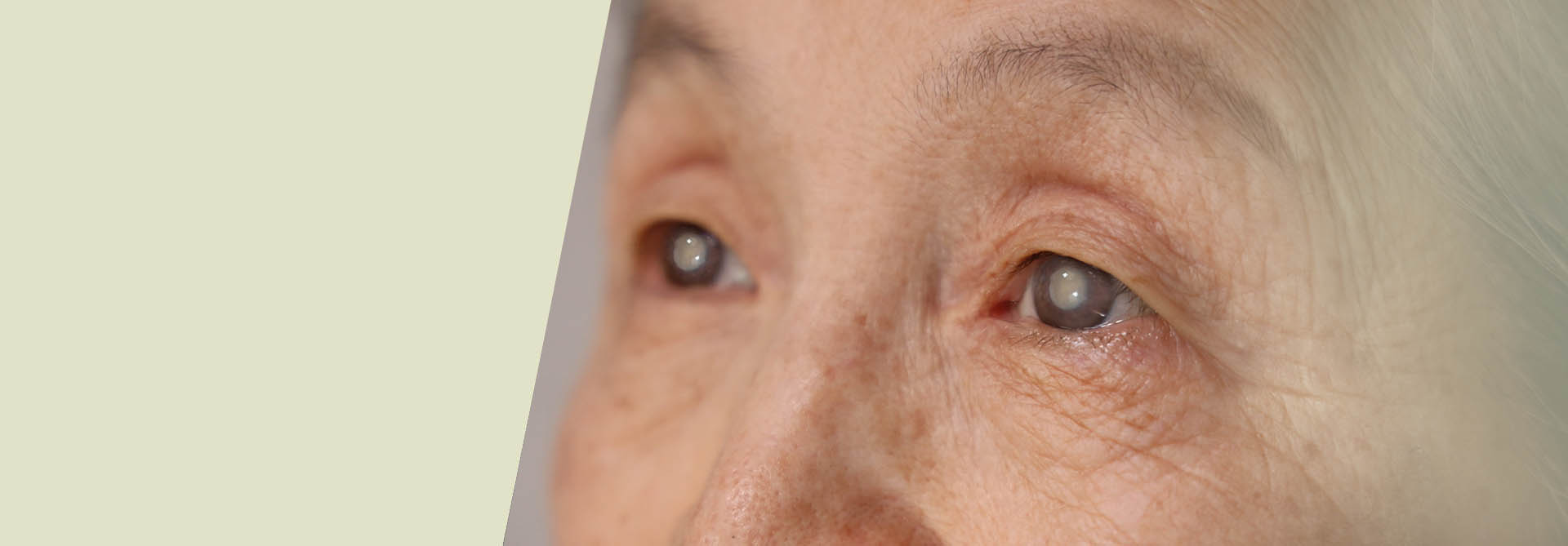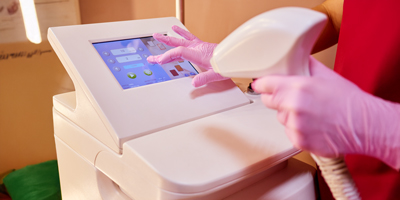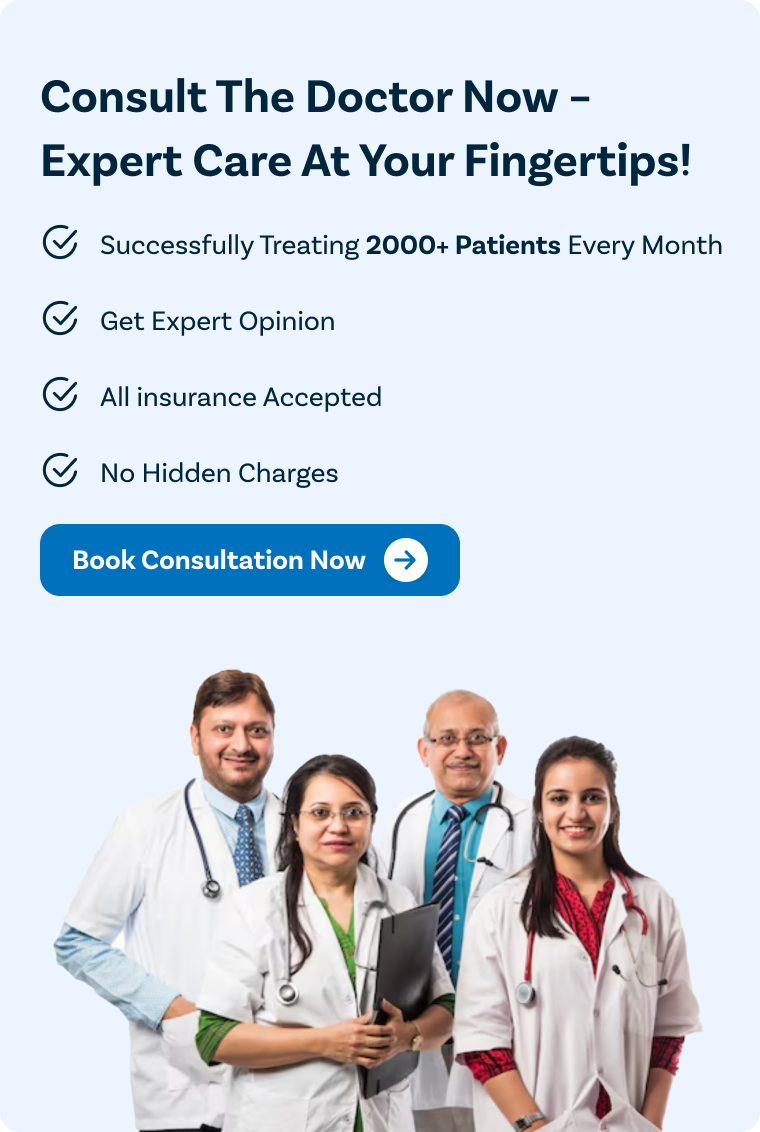You should book an appointment with an eye specialist if you experience:
- Blurry, dim, or cloudy vision that affects daily activities
- Difficulty seeing clearly at night or in low light
- Sensitivity to light or glare
- Double vision in one or both eyes
- Frequent changes in eyeglass prescription
Early diagnosis can help prevent further vision impairment and ensure timely treatment.
You should book an appointment with an eye specialist if you experience:
- Blurry, dim, or cloudy vision that affects daily activities
- Difficulty seeing clearly at night or in low light
- Sensitivity to light or glare
- Double vision in one or both eyes
- Frequent changes in eyeglass prescription
Early diagnosis can help prevent further vision impairment and ensure timely treatment.















.svg)









